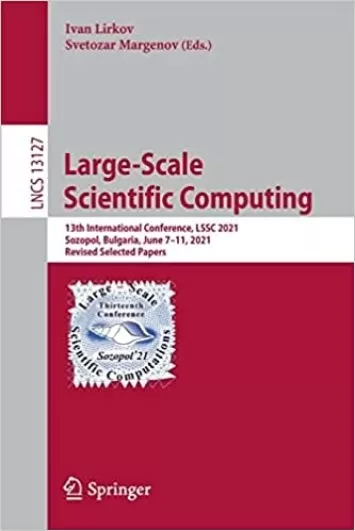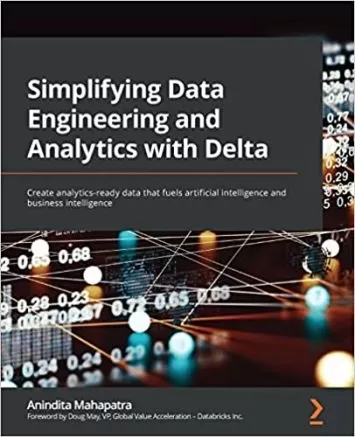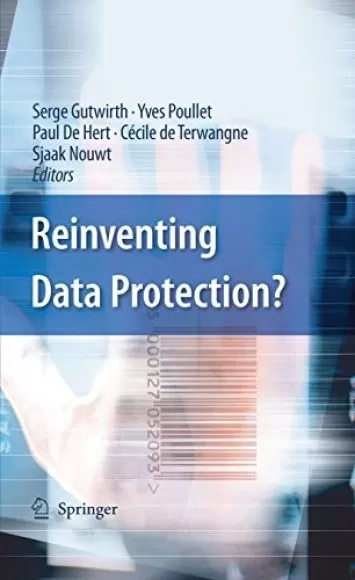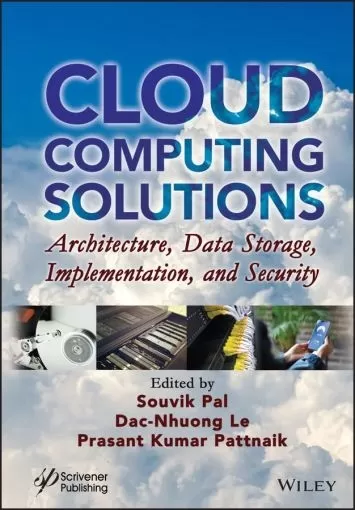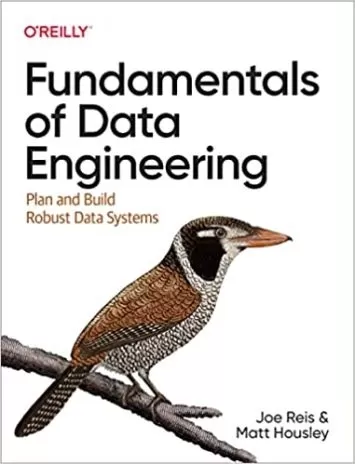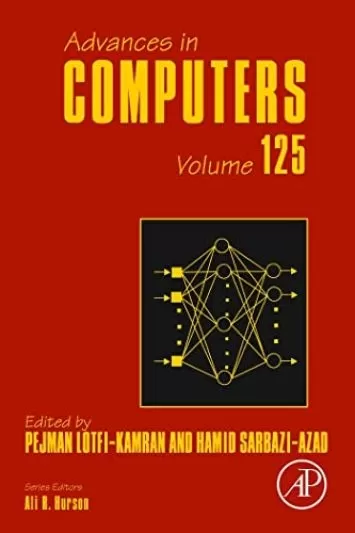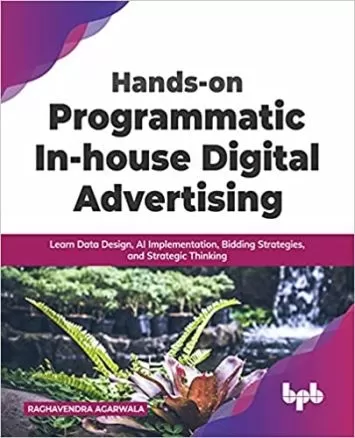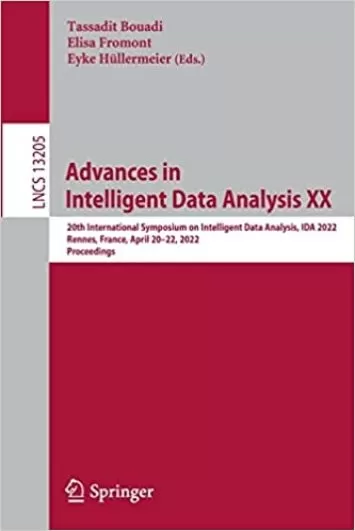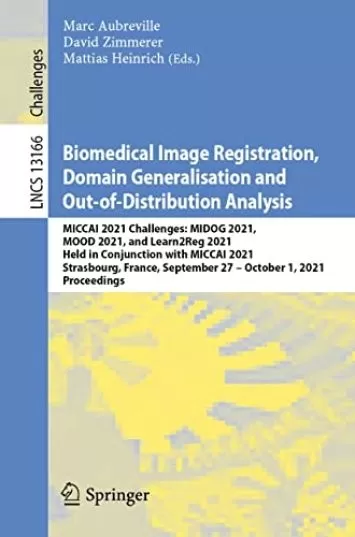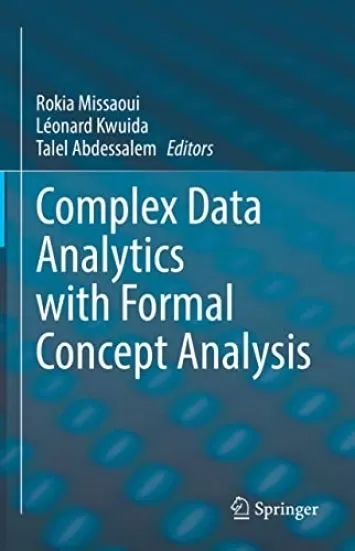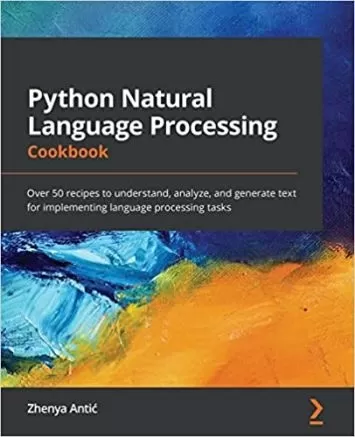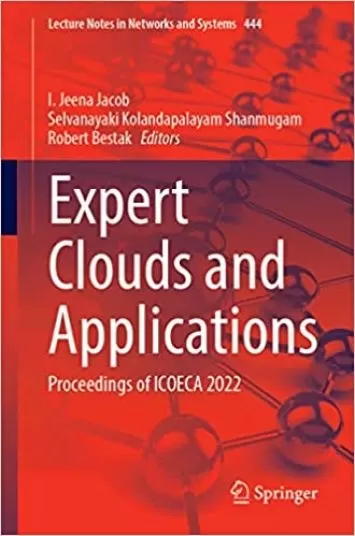
Designing Data Spaces: The Ecosystem Approach to Competitive Advantage
Category
Publication
Springer
From the Back Cover
To this end, the book is structured in four parts: Part I Foundations and Contexts provides a general overview about building, running, and governing data spaces and an introduction to the IDS and GAIA-X projects. Part II Data Space Technologies subsequently details various implementation aspects of IDS and GAIA-X, including eg data usage control, the usage of blockchain technologies, or semantic data integration and interoperability. Next, Part III describes various Use Cases and Data Ecosystems from various application areas such as agriculture, healthcare, industry, energy, and mobility. Part IV eventually offers an overview of several Solutions and Applications, eg including products and experiences from companies like Google, SAP, Huawei, T-Systems, Innopay and many more.
Overall, the book provides professionals in industry with an encompassing overview of the technological and economic aspects of data spaces, based on the International Data Spaces and Gaia-X initiatives. It presents implementations and business cases and gives an outlook to future developments. In doing so, it aims at proliferating the vision of a social data market economy based on data spaces which embrace trust and data sovereignty.
About the Author
Michael ten Hompel holds the Chair of Materials Handling and Warehousing at TU Dortmund and is Managing Director at Fraunhofer-Institute of Material Flow and Logistics IML. Besides his work as scientist, he also worked as entrepreneur and eg founded GamBit GmbH in Dortmund in 1988 and is still on the supervisory board of several logistics companies. He was also awarded the Innovationspreis NRW (Innovation Award North Rhine-Westphalia) in 2020.
Stefan Wrobel is Professor of Computer Science at U Bonn and Director of the Fraunhofer Institute for Intelligent Analysis and Information Systems IAIS. His work is focused on questions of the digital revolution, in particular intelligent algorithms and systems for the large-scale analysis of data and the influence of Big Data/Smart Data on the use of information in companies and society. He was honored by the Gesellschaft fr Informatik (German Informatics Society) as one of the formative minds in German AI history. --This text refers to the paperback edition.





